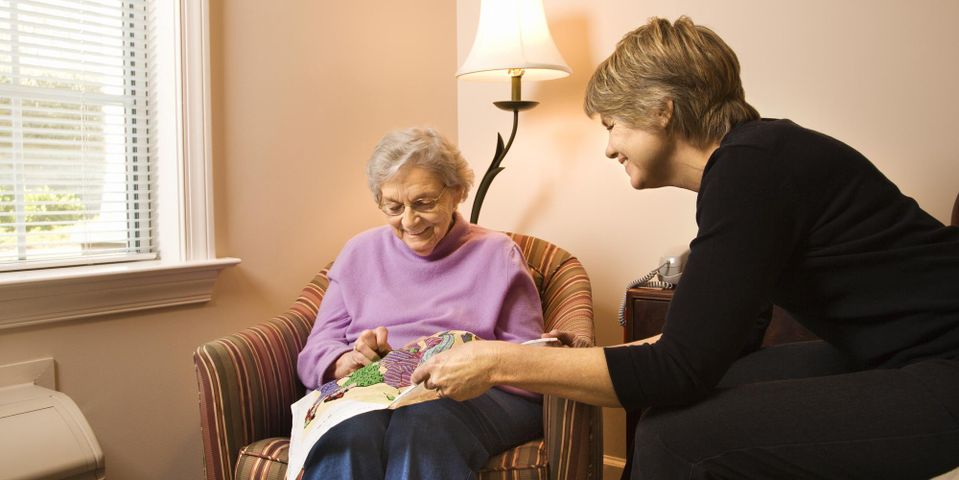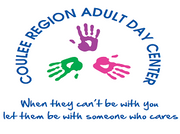What Are the Different Forms of Dementia?

Dementia is a medical term used to describe a number of related complex neurological disorders. Each has a unique impact on the mind, and it’s important to understand the different forms so you can provide optimal care for a loved one who has been diagnosed. Below is a brief guide to each, as well as care solutions like in-home care and adult daycare that you can use.
5 Different Forms of Dementia
1. Alzheimer’s Disease
Alzheimer’s disease is the best-known dementia and manifests when genes mutate in the brain. These changes damage the neuron networks the brain uses to communicate with itself and the body. Memory loss is the most prominent symptom and will worsen over time. Patients will have trouble with problem-solving, and basic everyday tasks will become challenges as confusion worsens. There’s no cure for Alzheimer’s, and in-home care is usually needed to manage it in the later stages.
2. Vascular Dementia
Vascular dementia is the second-most prevalent type and develops when blood vessels in the brain are damaged. This can cause strokes and brain damage once blood flow is temporarily reduced. Critical-thinking, problem-solving, and organizing can all be difficult in the aftermath of a neurological event. Memory loss follows, and patients will require caregiver assistance as it progresses.
3. Lewy Body Dementia
 Over time, protein clumps can form in the brain and result in Lewy Body dementia. This disorder causes hallucinations, mental illnesses, and mood imbalances. Delusions can become so extreme that patients lose a sense of self, motor skills, and all recognition of their surroundings. They will eventually pass away from complications, as there is no cure.
Over time, protein clumps can form in the brain and result in Lewy Body dementia. This disorder causes hallucinations, mental illnesses, and mood imbalances. Delusions can become so extreme that patients lose a sense of self, motor skills, and all recognition of their surroundings. They will eventually pass away from complications, as there is no cure.
4. Frontotemporal Dementia
Frontotemporal dementia directly affects the parts of the brain associated with personality. This can lead to drastic changes, such as irritability and mood swings, self-neglect, withdrawal, and poor judgment. Patients may also lose motor skills and become unable to care for themselves, which is why in-home care is recommended.
5. Mixed Dementia & Associated Disorders
It’s common for patients to develop multiple forms of dementia. These can also be accompanied by secondary health complications, such as Parkinson’s disease. Some patients with Creutzfeldt-Jakob disease, a brain disorder, also develop dementia. These conditions can be difficult to manage because patients deal with both the symptoms of dementia and their respective disease.
It’s important to secure in-home care as dementia worsens. Coulee Region Adult Day Center offers a number of solutions to patients and their families in Onalaska, WI. They can connect you with adult day care services, caregiver services, handicap assistance, and more. Begin exploring assistance on their website. You can receive more advice by connecting on Facebook or call (608) 519-2306 to speak with a representative.
About the Business
Have a question? Ask the experts!
Send your question

